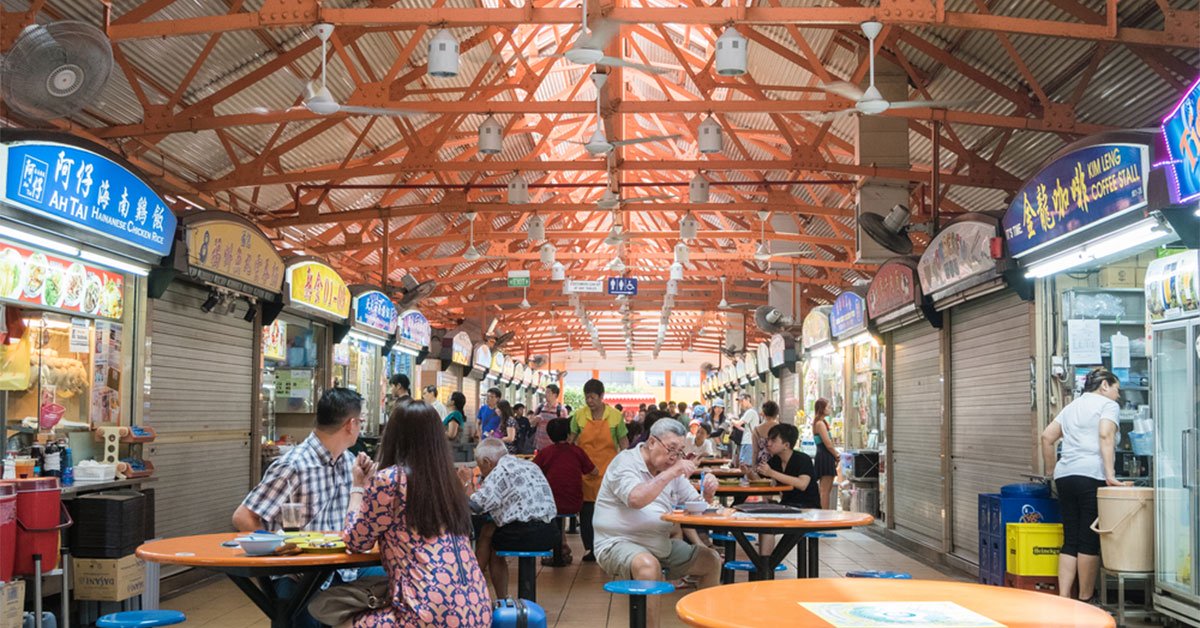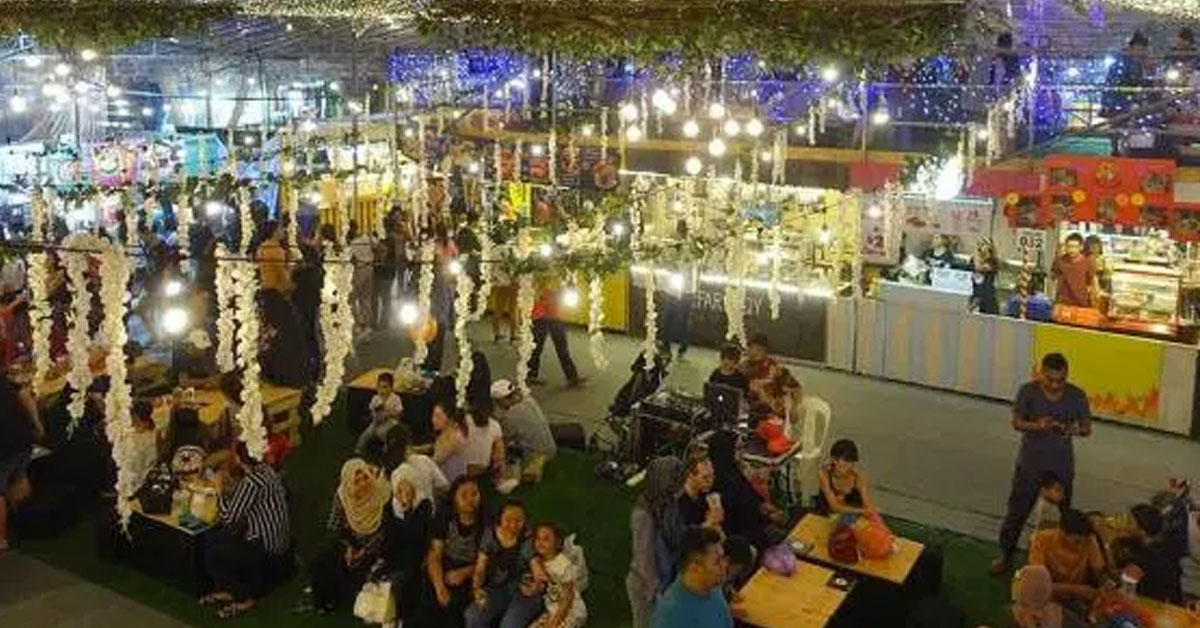I’m sure most of us would have known by now that, with the rampant spread of COVID-19 that causes everyone to stay home most of the time, many businesses have been affected.
One of which is the hawker business.
According to surveys conducted by TODAYonline, it was found that a lot of hawker stall owners are experiencing up to 50% drop in their business because more people are choosing to cook food at home or order food online instead of eating out.
As you would know during this year’s Budget, there will be a month’s rental wavier for NEA-managed hawker centres.
But does it help?
Waiver Doesn’t Help Much; Have To Pay For Other Costs & Food Wastage
While some of the stall owners agree that this has helped them take some of the burdens off their shoulders because they don’t have to worry too much about the following month’s rental fees, it doesn’t do much for them.
66-year-old Tekka Market noodles stall owner Asiah Omar said, “Business has gone down by 50%. After paying the cleaning costs and other costs, sometimes I go without salary.”
Yes, the wavier doesn’t seem to include the cleaning and other costs.
64-year-old Maxwell Food Centre’s Empress Place Teochew Beef Kway Teow’s stall owner Mr David Lim said that he is not sure what future lies ahead of him. While this waiver may help him the following month, he isn’t sure if he will still be able to sustain his business if the outbreak persists.
Furthermore, while their rental fees are settled for the following month, they still have to pay for other high running costs, like cleaning, utilities and food ingredients.
I think it’s quite clear that rental, despite a major cost, isn’t main cost.
56-year-old Mr Roland Teo is the owner of Coffee Hut at Berseh Food Centre in Jalan Besar. When asked for his views, he said, “There are still conservancy and table-cleaning costs, excluding utilities. So the one-month rental waiver works out to paying just half our costs.”
Hong Lim Food Centre curry noodles stall owner Mr Tay said, “It’s not about the rent but the cost of the food. If nobody wants to come out to eat, what’s the point of waiving the rental? All the food we cook would be wasted.”
58-year-old Mr Lee Kim Saik, who is the owner of Hong Wan Food Stall that sells economical rice at Hong Lim Centre, told TODAYonline that other than paying $1,100 a month for renting his stall, he also pays another $1,300 for gas, utilities and miscellaneous fees.
That means other fixed fees are higher than the rental.
Business Has Dropped Drastically
It is clear that ever since the COVID-19 outbreak in late January, many people in Singapore have taken precautions to limit the time they spend outside, especially in public areas where they may unknowingly spend a considerable amount of time with people who may have been infected with COVID-19.
Many workers are also instructed by their bosses to work from home if possible (I hope my boss is reading this) ever since the DORSCON level was raised to the Orange level.
Mr Tay, a 47-year-old who owns a famous curry noodles stall at Hong Lim Food Centre shared, “No matter how nice the food is, how famous you are or how many awards you have, the coronavirus prevents people from coming. People stopped wanting to eat at hawker centres. It is the worst place to be, because people are sitting near each other.
“The impact on hour hawker business is worse than Sars (Severe acute respiratory syndrome). Technology has enabled people to be better informed of the virus situation. With everyone wanting to take necessary precautions to avoid getting infected, nobody is willing to come.”
He also revealed that his business has dropped by 40% due to the COVID-19 outbreak.
Many stall owners also reported no longer seeing foreign workers patronising their stalls because some of them who returned to China for Chinese New Year are unable to return to Singapore to work, while migrant workers also choose not to visit Little India’s Tekka Market and Food Centre on Sundays anymore.
The 58-year-old stall owner of Hai Kee Mixed Vegetables stall who wanted to remain anonymous revealed that business has declined by 30% because there was a decrease in the number of Chinese foreign workers who used to patronise his stall every morning before the outbreak happened.
It is sad that many businesses have been affected by the COVID-19 outbreak and we can only hope that we will win this battle against the coronavirus.
Hopefully, more could be done to help these businesses as well so that they can get through this difficult time.
Or even better: hopefully, the COVID-19 will end tomorrow so they don’t need any help.
Always opt for the best instead of the fastest solution, right?



